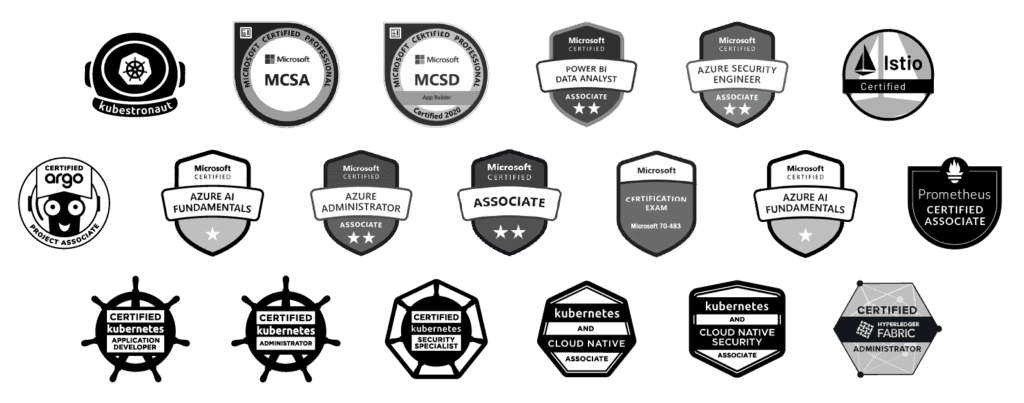Welcome to the intricate dance of Kubernetes, where the harmonious choreography of microservices plays out through the pivotal roles of readiness and liveness probes. This journey is designed for developers at all levels in the Kubernetes landscape, from seasoned practitioners to those just beginning to explore this dynamic environment.
Define Specific Endpoints
Avoid False Positives
Use Delays and Timeouts Wisely
Monitor and Adjust
Mastering readiness and liveness probes in Kubernetes is like conducting a ballet. It requires precision, understanding, and a keen eye for detail. By embracing these concepts, you can ensure that your Kubernetes deployments perform gracefully, handling the ebbs and flows of traffic and operations with elegance and resilience. Whether you are a seasoned developer or new to this landscape, this guide is your key to choreographing a successful Kubernetes deployment.
At Veritas Automata, we utilize liveness probes connected to a health endpoint. This endpoint assesses the state of subsequent endpoints, providing information that Kubernetes collects to ascertain liveness. Additionally, the readiness probe checks the application’s state, ensuring it’s connected to dependent services before it is ready to start accepting requests.
I have the honor of presenting this topic at a CNCF Kubernetes Community Day in Costa Rica. Kubernetes Day Costa Rica 2024, also known as Kubernetes Community Day (KCD) Costa Rica, is a community-driven event focused on Kubernetes and cloud-native technologies. This event brings together enthusiasts, developers, students, and experts to share knowledge, experiences, and best practices related to Kubernetes, its ecosystem, and its evolving technology.












